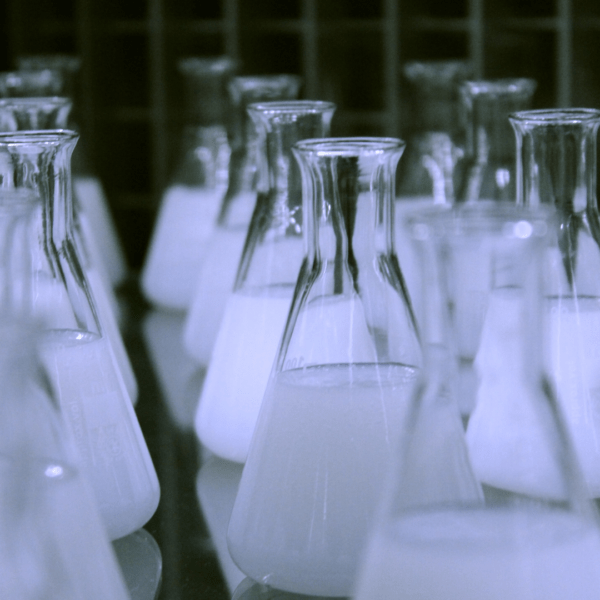Chemistry is such a big topic, and it can be hard to understand all the different areas. So, we’re here with a summary of the 5 main branches. Get started below!
Organic Chemistry
Organic chemistry is the study of compounds with carbon in them. It studies compounds produced by living organisms. But, it also looks at a couple of man-made compounds. Organic chemists might study food, petrol, chemicals and more.
Meet Organic Chemist, Asima Chaterjee >>
Inorganic Chemistry
Opposite to above, inorganic chemistry focuses on structures not containing carbon. These structures include oxygen, silicon, aluminium, iron and many more. Inorganic chemistry also studies compounds’ synthesis, reactions, structures and properties. Inorganic chemists might look at fuels, fertilizers and dyes.
Physical Chemistry
Physical chemistry studies how materials behave on a molecular and atomic level. Physical chemists work to develop new theories, such as how complex structures form. Physical chemists often work with material scientists to develop uses for new materials.
Meet Physical Chemistry Professor, Joan Fyre >>
Biochemistry
Biochemistry might seem quite confusing, but what exactly does it mean? It investigates the chemistry of living things. Most biochemists work in a lab to combine their biology and chemistry practices. With chemical knowledge and techniques, biochemists can understand and solve biological problems.
Meet Biochemist, Gertrude B. Elion >>
Analytical Chemistry
This field studies the chemical composition of materials. It also develops the tools used to examine chemical compositions. It involves wet lab chemistry as well as the use of instrumentation. Analytical chemistry is important in science, engineering, medicine, and industry.
Now that you’ve heard about the different branches, which one is your favourite? Have you considered a career in chemistry?




